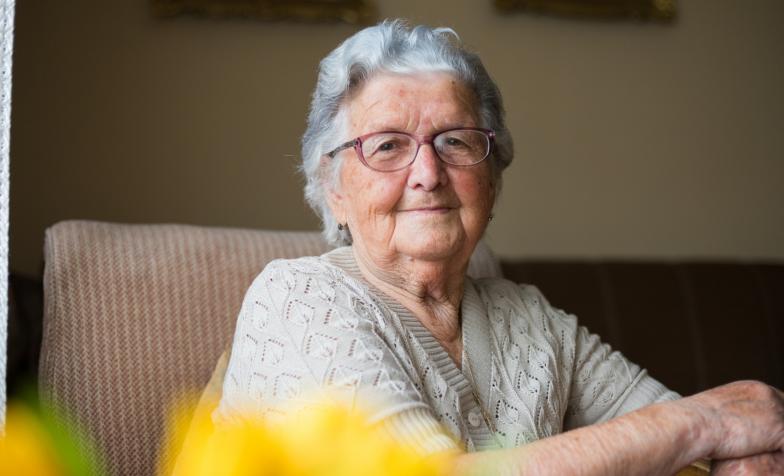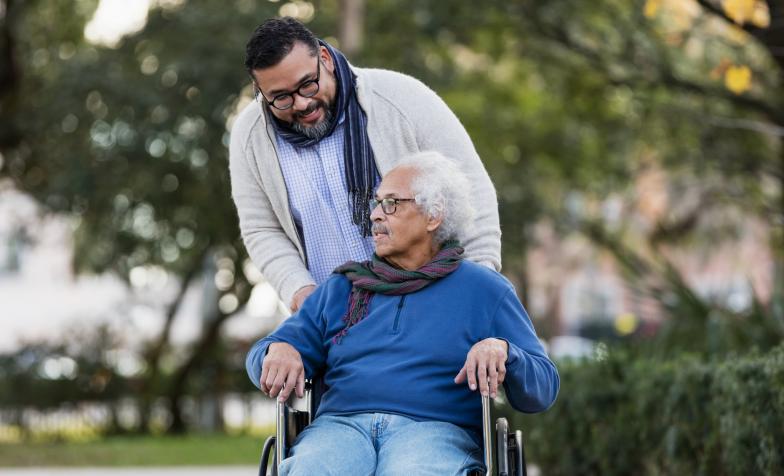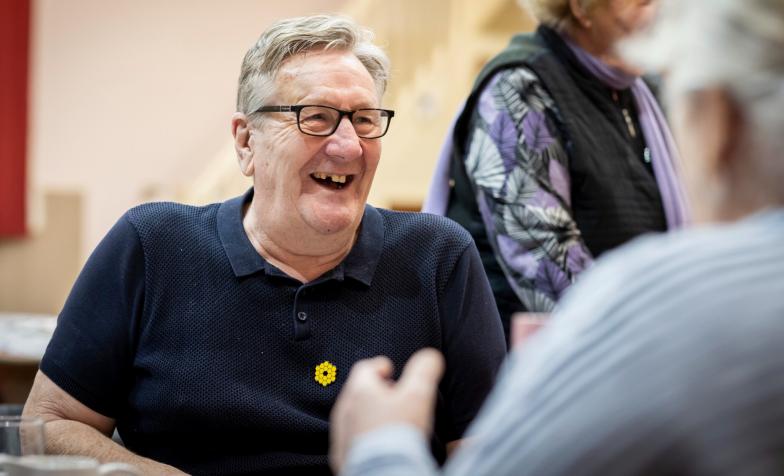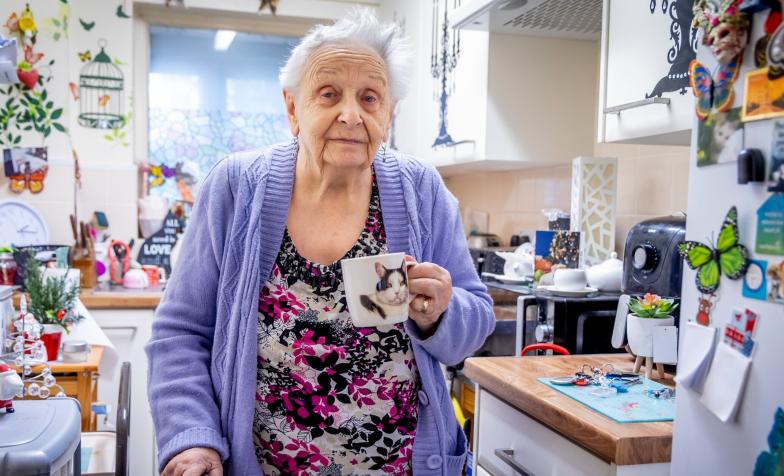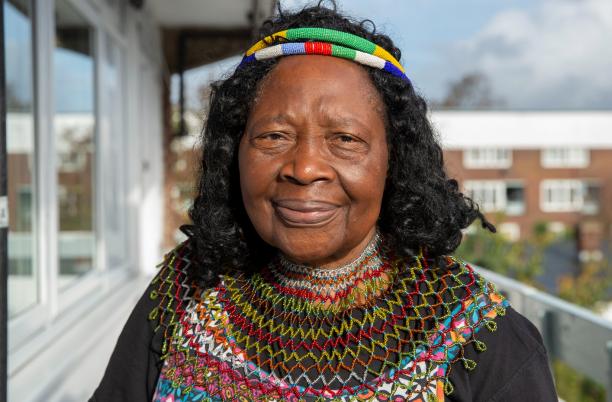
Evaluating our programme to extend frailty care

To help us understand the impact of our Extending Frailty Care programme, we have commissioned external evaluators.
On this page you can find out how we will be working with them to make sure we learn as much as we can from the programme.
Why we commissioned an external evaluation
Employing an external evaluator helps us make sure the evaluation of the Extending Frailty Care Programme is robust.
An external evaluation provides:
- credibility – it makes sure the evaluation is transparent and accountable
- objectivity – external evaluators are able to have a ‘detached’ point of view which will help us identify our successes and enable us to learn from challenges
- skills and expertise – the evaluation will be carried out by specialist professionals
- opportunities for reflection – having an external evaluator gives us a sounding board which will enhance our learning and development.
Who our evaluators are
Following a rigorous tender process, we commissioned Whole Systems Partnership (WSP) to evaluate the Extending Frailty Care programme.
Key criteria
Our evaluation will focus on these key criteria:
- Whether we are able to reach more people with advanced frailty through the programme
- How service delivery is improved by new and more collaborative approaches
- Whether the programme is able to raise awareness of care models to support older people living with advanced frailty
- How well our peer support networks help hospices provide frailty-attuned models of care
- How well the programme is able to share learning and knowledge about frailty-attuned models of care
Evaluating innovation
The Extending Frailty Care Programme is innovative and explores new ways of thinking. It uses an ‘ongoing improvement’ approach, which inevitably involves a level of complexity and uncertainty.
Our evaluators are embedded in the improvement process. They will be:
- Giving immediate and ongoing feedback which can be used to fine tune and revise the programme as it progresses
- Using a range of evidence to identify not only the quantifiable benefits of a service, but also qualitative data about how people experience services.
Evaluation framework
WSP will be using a range of methods to gather the perspectives, information and data we need for a full and informative evaluation.
These include:
- Working with our Expert Reference Group and Steering Group to develop outcome measures, a logic model and an evaluation framework.
- Reviewing the documentation for each of the grant-funded projects.
- Carrying out semi-structured interviews with local project leads.
- Estimating the number of people aged over 65 with advancing frailty and end of life care needs, in local project areas and nationally.
- Developing an information template to gather detail on proposed project activities at the start and on completion of the project.
- Auditing the perceived quality of relationships within each project partnership.
- Carrying out staff surveys to assess people’s understanding of interventions to support those with advancing frailty and palliative care needs.
- Developing case studies.
- Gathering the perspectives of service users.
- Running focus groups.
- Assessing the sustainability of the projects we are funding.
- Considering how well the learning from the programme could be scaled up to reduce inequity of care at a national level.
How the evaluation will be carried out
Watch Whole Systems Partnership talk about how the evaluation will be carried out (taken from a presentation to our Expert Reference Group).
Click or tap the image to play the video.
Sharing our learning
We will be sharing our ongoing learning from the evaluation of the programme through:
- ECHO Network meetings
- regular progress updates
- knowledge sharing resources.

This content was produced in collaboration with the Living and Dying Well Research Group at the University of Surrey.
Image: courtesy of Independent Age/Leanne Benson via the Centre for Ageing Better

